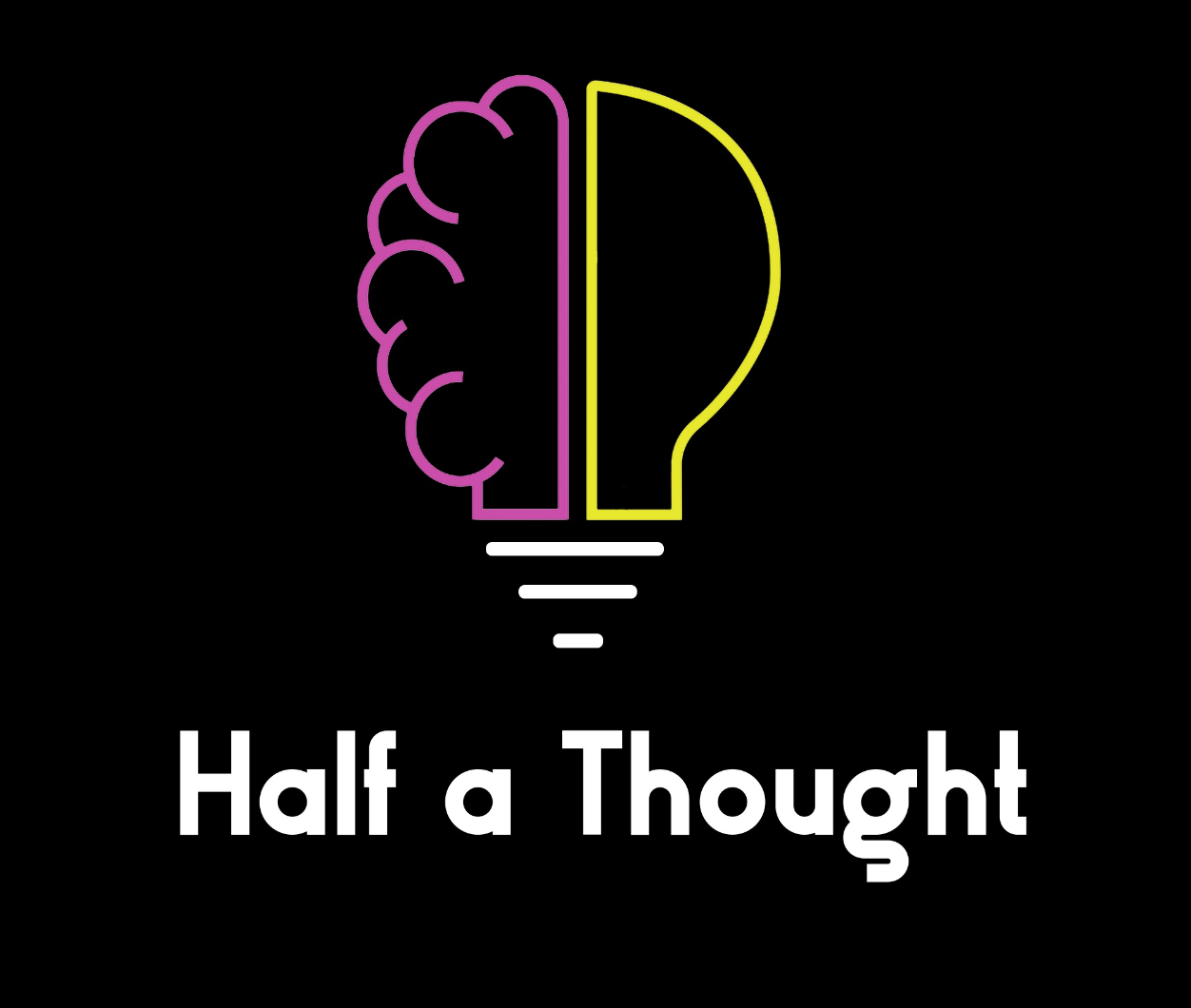The Art Of Unproductivity

Hi Friends,
This week has been surprisingly unproductive for me (I'd say, one of the first weeks in years.) I have watched 2 seasons of Billions (at 3x speed obv), a TV show about power politics, trading, and law, and have been pretty unmotivated to actually finish school work. So, being the productivity person that I'm expected to be, I looked into what it means to be productive, why do we feel guilty when we are unproductive, and what leisure truly is.
What is Productivity?
Until now, I had intuitively thought of productivity as doing more things in lesser time; rather, it is quite far from that. Productivity is efficiently working on the right things so you have enough time for leisure, in which you can pursue more of the meaningful things or rejuvenate to make one big difference. I like to think of the aeroplane analogy. Think of yourself as the pilot and your body as the plane. You could be doing a 100 little things in the cockpit (ie be productive), but what really matters is the direction you're headed in (ie things you do while in leisure.) This is something I need to practice — to use productivity as a tool so I can focus on the big decisions or changes, not think of productivity itself as the end-goal.
Why do we feel guilty when we are unproductive?
I'm not seeking or providing validation for the mistake I have made (so I can repeat it.) Rather, should I choose to repeat it, I should do it deliberately — not unconsciously — and guilt-free. That said, there are three reasons why we feel guilty for being unproductive: external, internal, and social factors.
Externally, we have been fed huge amounts of self-help literature, success stories, and concepts about why productivity and consistently working have to be necessary ingredients for "the recipe of success" (whatever success means.) That may not be true, for while productivity is definitely an essential component for "success," it is by no means sufficient or the onlyway to success. There are 1000 ways to reach God.
The internal drivers are also a function of what we are fed from the outside. I suggest reading this article to gain a different perspective on why some internal conflicts about being unproductive may be unfounded.
The social factors consist of our immediate family members or friends, people with whom we relate or talk to on a daily basis. We feel that if they are productive, we should also be productive. I struggle with this because my friends are usually high-achievers and go-getters, people whom I'm constantly inspired by. This is great and I'm thankful (and in many ways, consider it necessary) to have such friends; however, at times, it's also helpful to take a step back and think about what's best for you. (I'm sounding generic now, so I'm going to stop at that.)
What is leisure?
The article I linked above best explains leisure. Quoting from it, "leisure is not the privilege of those who can afford to take time; it is the virtue of those who give to everything they do the time it deserves to take." I think this relates to conscious and deliberate living more than anything. It doesn't matter if you're doing X or doing Y (as long as it's not doing meth); you should do it fully and give the activity the time it requires. That is leisure, and not lying down in Hawaii, transferring funds from one bank account to another on your iPad, sipping a Margarita, and feeding your pet alligator. :)
I won't say it's okay to be unproductive — always work hard — but if you are unproductive, be unproductive consciously and don't feel guilty about it.
Until next time,
Abhinav
Video of The Week
In this video, I talk about setting up an efficient workflow between two productivity and note-taking apps -- Notion and Roam.

Podcast of the Week
Click here to listen to this week's episode on "The Art of Unproductivity."
We talk about how Abhinav has been unproductive this week -- it all starts with a TV show. We then talk about the importance of leisure, why we need to decouple it from work, and why we should not associate guilt with "unproductivity." Happy Quarantining.
(We're still working on our regular "secret" episodes, but this is something we thought would be relevant in these times.)

Our Commonplace Book
Instead of posting just a curated article/podcast/link/resource, I thought of renaming this section to a "commonplace book" section. A "commonplace book" is the age-old way of compiling and storing information and knowledge in one place. People in the Renaissance age had physical notebooks in which they would store poems, letters, quotes, proverbs, and even prayers. So, going forward, let's create our commonplace book.
Blog post I enjoyed reading: The Holy Grail of Self Improvement
Another blog post I enjoyed reading: The Calculus of Grit
Podcast I loved listening to: Happy Habits (The Knowledge Project)
See you next time :)